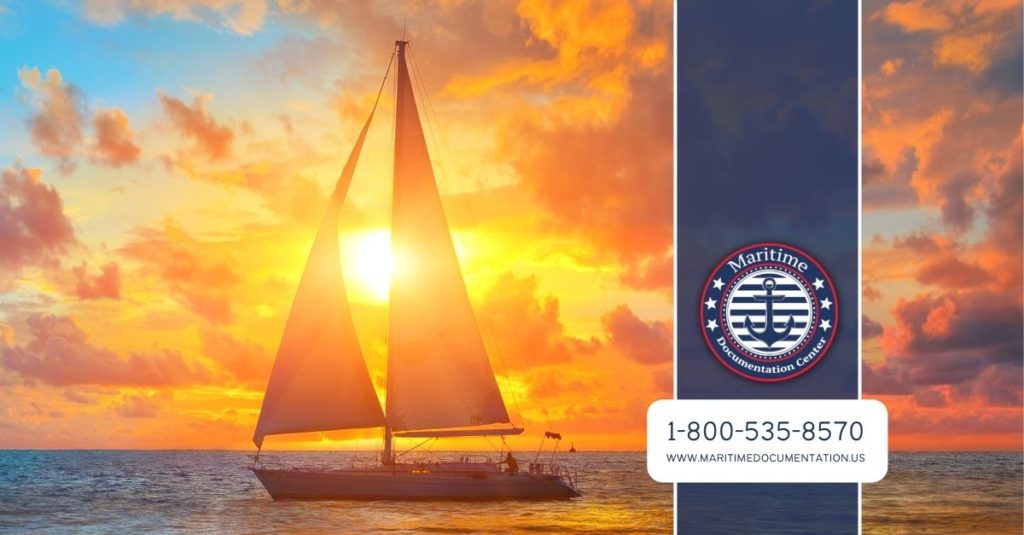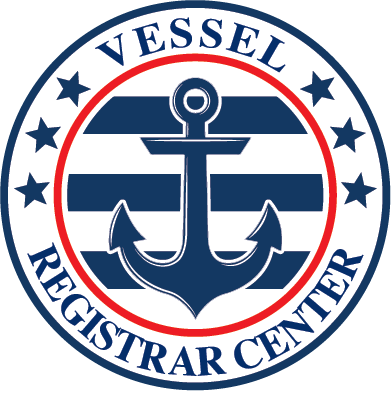“What is a USCG-documented vessel?” is a question that we always get here at the Maritime Documentation Center. A boat that has been registered with the United States Coast Guard is referred to as a USCG documented vessel. According to state.gov, a Certificate of Documentation will be issued to a vessel when the owner files a complete application and pays all related costs to the Coast Guard. The documentation for your USCG vessel is a crucial part of your ownership experience.
It is the procedure through which the Coast Guard officially recognizes a vessel as a vessel within the jurisdiction of the United States of America. There are significant advantages to having a USCG-certified vessel and certain laws that you must follow as a consequence of having “documented” your vessel. Here, we’ll go through the documentation procedure required by the United States Coast Guard (USCG) and some of the extra perks connected with being a documented vessel.

You Have the Same Rights to Operate Your Vessel on International Seas as You Have on US Waterways
Any boat owner will tell you that they have wanted to go out on the open seas and explore for quite some time. Perhaps you’d like to go fishing in one of the neighboring rivers or lakes. Nevertheless, if your boat is not USCG-documented, you may have encountered some difficulties. If you are not traveling in domestic waters, you may not be permitted to utilize your boat. It is only legal to operate the vessel on foreign seas if the boat is registered in those countries.
Suppose a citizen or resident of the United States wishes to operate their boat on international seas with the same advantages as documented boats, such as access to the territorial waters of other nations. In that case, they must have their vessel documented by the United States Coast Guard. This limitation no longer applies to your boat after it has been recorded, and you are free to operate it in any of the several areas listed above and around the world.
What Is A USCG-Documented Vessel? Firstly, Our Vessel Is Insured from The Moment of Registration.
If you own a boat, you are well aware of the need of having enough insurance. Most people don’t realize how much they rely on it until they do, and when they do, they are grateful that they have it on hand. The same is true for documented vessels, automatically insured by the United States Coast Guard as soon as they are documented. These boats are also required to carry a State Hull Bond, which protects them in the event of non-covered damages, such as sinking or colliding with another vessel.
Aside from that, there are twenty-eight other kinds of coverage accessible to documented boats, ensuring that you’ll have plenty of alternatives when considering the unique requirements of your vessel. Suppose you want to safeguard your boat at all times completely. In that case, you’ll most likely need a single policy from an insurance firm that specializes in recreational marine insurance, and that policy will cover everything.
The Coast Guard Inspects All Registered Boats Annually to Keep You and Your Passengers Safe.
Maintaining the condition of your boat is critical to your well-being since it functions as a second home. The use of a USCG Documented Vessel makes sense in this situation. As soon as you have a USCG document, you will be qualified for an annual safety inspection, which the United States Coast Guard will carry out. This assists you in remaining safe and guarantees that your boat has not been damaged or changed in any manner that might make it harmful for your passengers or yourself to operate.
Engines are examined every year, and all recorded boats must have a working fire extinguisher on hand. All documented vessels, including passenger boats with a capacity of more than 12 people, are subject to an annual safety inspection by the United States Coast Guard. In addition, the United States Coast Guard may perform unannounced yearly inspections to detect and fix any harmful conditions or practices onboard a registered vessel.
To the best of my knowledge, this blog has answered all of your questions about the USCG, such as what is a USCG-documented vessel! If you own a recreational vessel and plan to use it for commercial purposes, you will need to register it with the US Coast Guard. Recreational boats can be registered as commercial vessels with some additional work, but this is where things can get complicated for some. This is the most important factor in determining whether or not a lengthy licensing and regulatory process is required: whether or not the vessel is operated from a foreign port. Call 1-800-535-8570 now to speak with a maritime documentation expert about the advantages and processes of US CG documentation.




